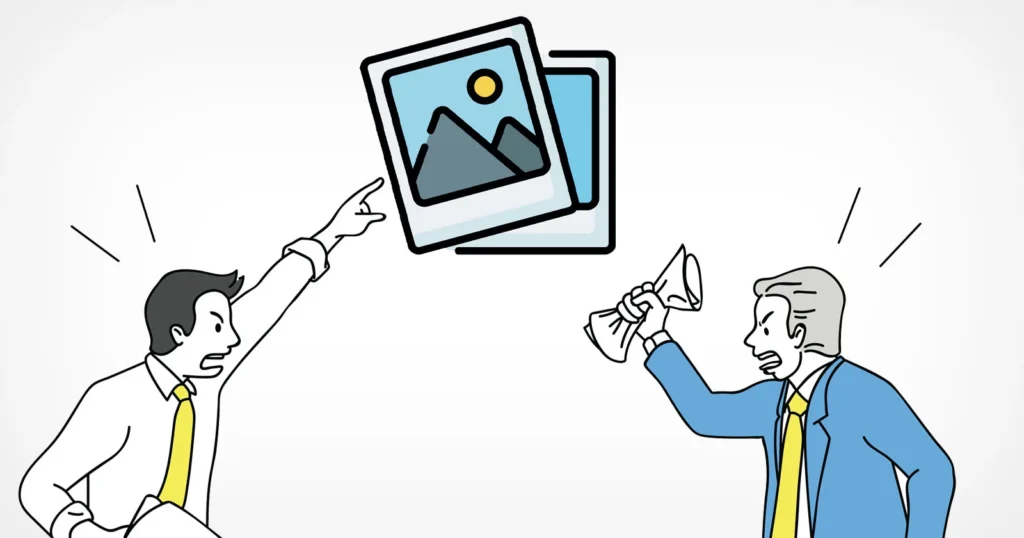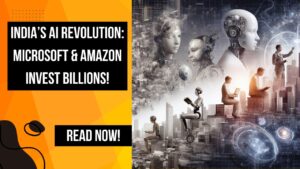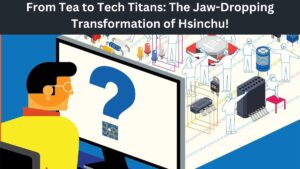
In recent discussions, experts are raising red flags over the potential violation of copyright laws by AI image generators, notably exemplified by the concerns surrounding Midjourney. The New York Times reports that these sophisticated AI systems, despite claims of safeguards, may be producing images strikingly similar to copyrighted material, sparking worries about exploitation and legal repercussions.
Various users testing Midjourney discovered instances where the generated images were indistinguishable from copyrighted content, such as a snapshot from the Joker film, shedding light on the issue of intellectual property misuse without proper licenses. Lawsuits initiated by actors and authors have brought the question of copyright infringement by AI systems into the legal arena, challenging the AI companies’ assertions of ‘fair use’ protection and addressing the complexities surrounding memorization.
President and CEO of the US Copyright Alliance, Keith Kupferschmid, underscores the two potential ways in which AI companies could infringe copyright—training on unlicensed copyrighted material or replicating copyrighted content based on user prompts. Despite assurances from AI companies regarding established safeguards, there seems to be a persistent gap in ensuring effective protection of copyrighted material.
As the debate on AI governance intensifies, this issue takes center stage due to its immediate implications, including the protection of intellectual property. The widespread production of AI-generated content that closely mirrors copyrighted material raises concerns about diminishing the artistic efforts of human creators, impacting their livelihoods and the cultural value of their work.
Jovan Kurbalija, in a thought-provoking blog post, delves into potential solutions for dealing with AI risks, emphasizing the need for a bottom-up AI approach. This strategy ensures that human creators remain at the core of AI utilization and progress, empowering humanity rather than endangering it. The article encourages a future where decisions about contributing AI patterns are made collectively—from communities to countries and the entire global community.
In tackling the copyright conundrum posed by AI image generators, the article concludes that ongoing challenges persist, necessitating the development of more robust solutions to protect the rights of creators and address the intricate web of copyright concerns in the realm of artificial intelligence.






